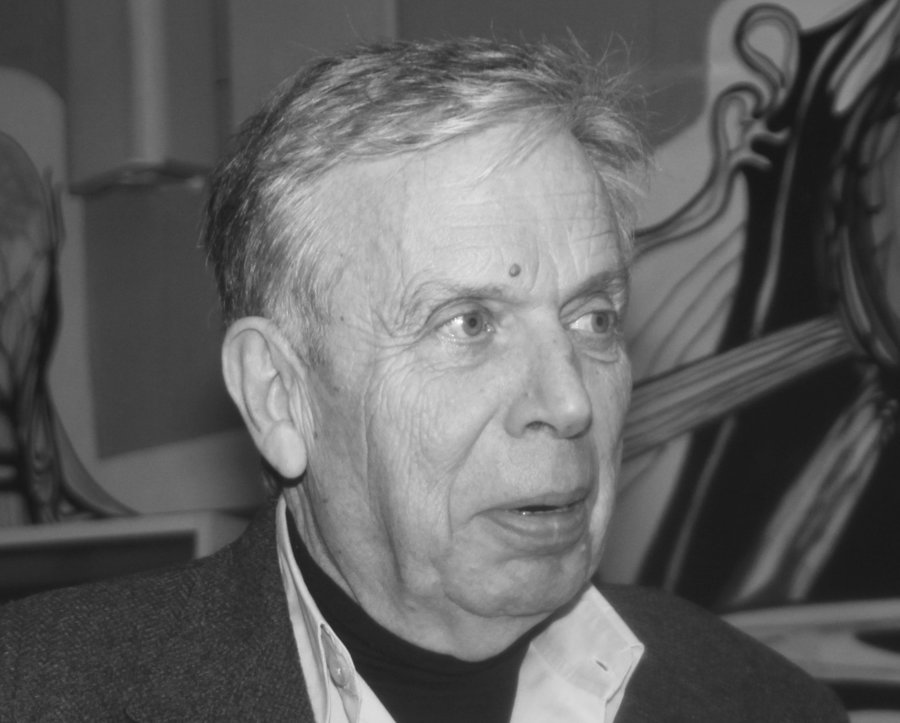Mourning Walter Oelert
17.01.2025 |
Our highly esteemed colleague Professor Walter Oelert passed away on November 25, 2024.
Walter Oelert was born in Dortmund on July 14, 1942. He studied physics in Hamburg and Heidelberg, got his diploma in 1969 with a work on solid state detectors in Hamburg and finished his doctoral thesis in 1973 with a work on transfer reactions on samarium isotopes in Hamburg. As postdoc he stayed for two years from 1973 to 1975 with Professor Cohen in Pittsburg doing nuclear physics mainly in the field of transfer reactions on rare earth elements. In 1975 he got a position at the Institute for Nuclear Physics (IKP1) at that time the KFA, later renamed to FZJ (Forschungszentrum Jülich) where he worked on nuclear physics experiments at the Jülich cyclotron.
With the decision to build the cooler synchrotron COSY at FZJ he terminated his work on transfer reactions, summarized it in a review article and switched to the field of medium energy physics. At the end of 1985 he conducted a research stay at CERN, contributing with his working group to the PS185 and the JETSET (PS202) experiments at the antiproton storage ring LEAR. Another external activity was the collaboration with the Swedish partners at the CELSIUS synchrotron in Uppsala.
In 1986 he habilitated at the Ruhr-University Bochum and in 1996 was granted an APL professorship there. With the experience gained in the CERN activities he proposed various experiments for the COSY accelerator. As spokesman of an international collaboration, he was involved in the construction of the COSY-11 experiment, which began experiments in 1996. For more than eleven years, the experiment was successfully in operation and produced important results for various meson production channels. COSY-11 was an internal experiment at the COSY storage ring, allowing reaction studies with full acceptance for the reaction products.
Beside the activities at COSY, he continued the investigations at CERN and, as a last experiment before the shutdown of LEAR, he proposed the production of antihydrogen in the interaction of the antiproton beam with a xenon cluster target. In 1995 the experiment was performed, resulting in the production of nine antihydrogen atoms. This result was an important factor for the decision of the CERN management to build the Antiproton Decelerator (AD). In order to continue anti-hydrogen studies, he got substantial support from Jülich for a partnership in the new ATRAP experiment with the spokesman Jerry Gabrielse aiming for CPT violation studies in the anti-hydrogen spectroscopy.
In 2008, Walter Oelert officially retired, but he kept active with the antiproton activities at the AD for more than ten years, during which he was affiliated with the Johannes Gutenberg-University of Mainz. He was a main driving force on the way to the Extra Low Energy Antiproton ring (ELENA) which finally was built and drastically improves the performance for the antimatter experiments.
During his activities he received a number of honors; notable are the awarding of the Merentibus Medal of the Jagiellonian University of Cracow and the election as an external member of the Polish Academy of Arts and Sciences.
Walter Oelert’s personality – competent, inspiring, open minded and friendly – was the type of glue which made active, successful and happy collaborations.
With his groundbreaking work in antimatter research, Walter Oelert has also laid decisive foundations for research with antiprotons at FAIR. GSI and FAIR bid farewell to Walter Oelert with the greatest gratitude and respect.
Management of GSI and FAIR
(Text: Dieter Grzonka, Kurt Kilian and Thomas Sefzick)













